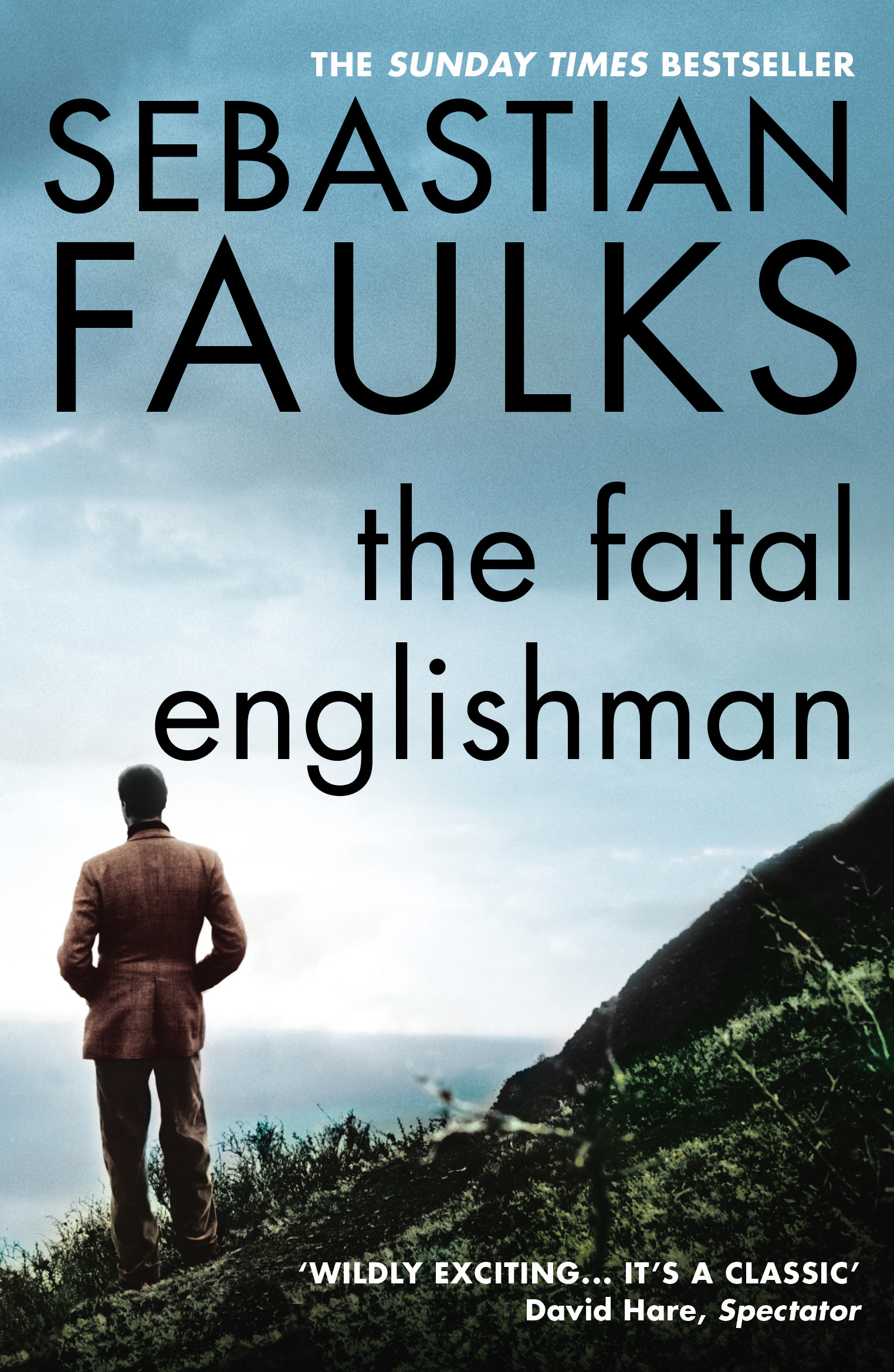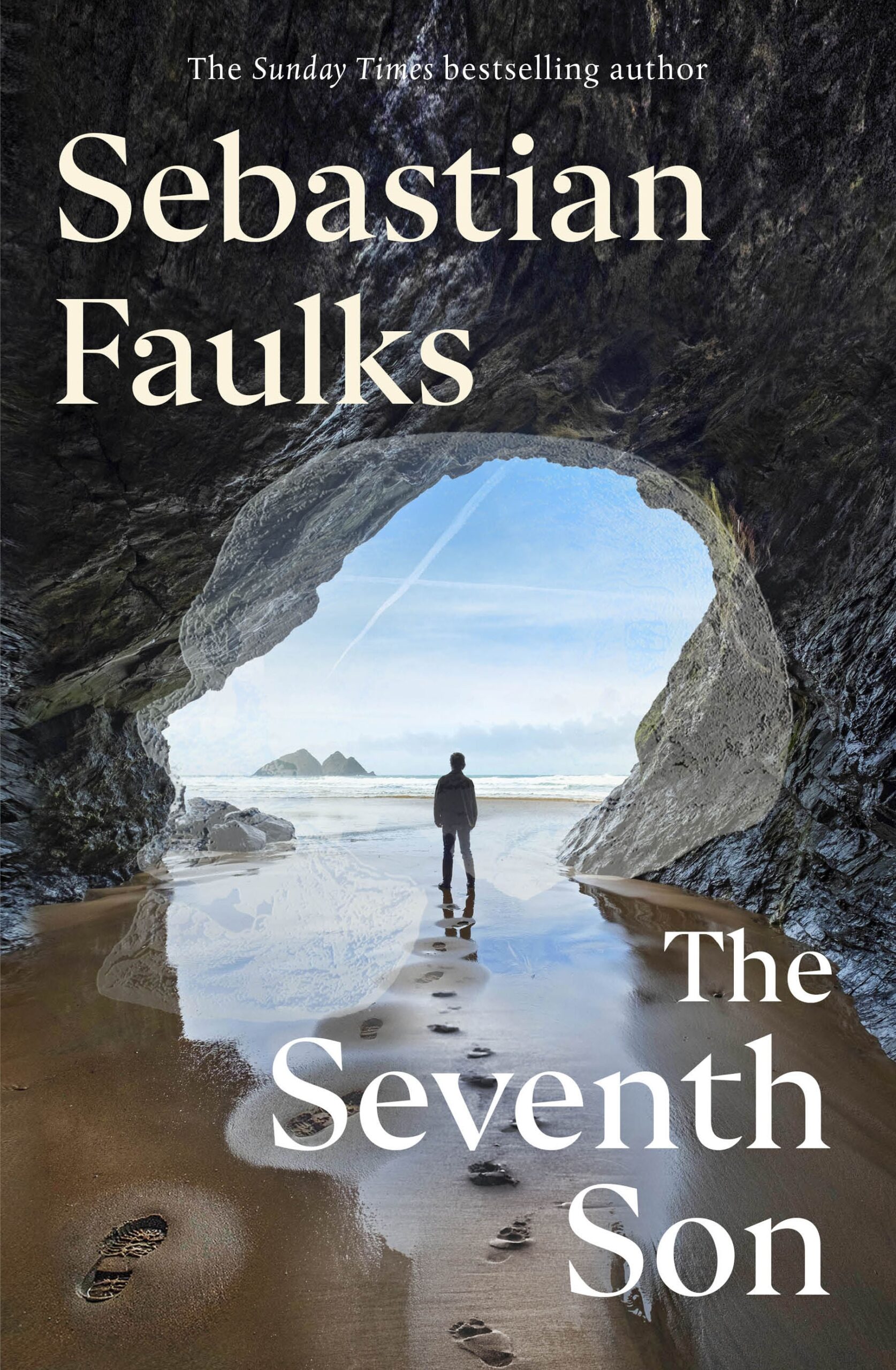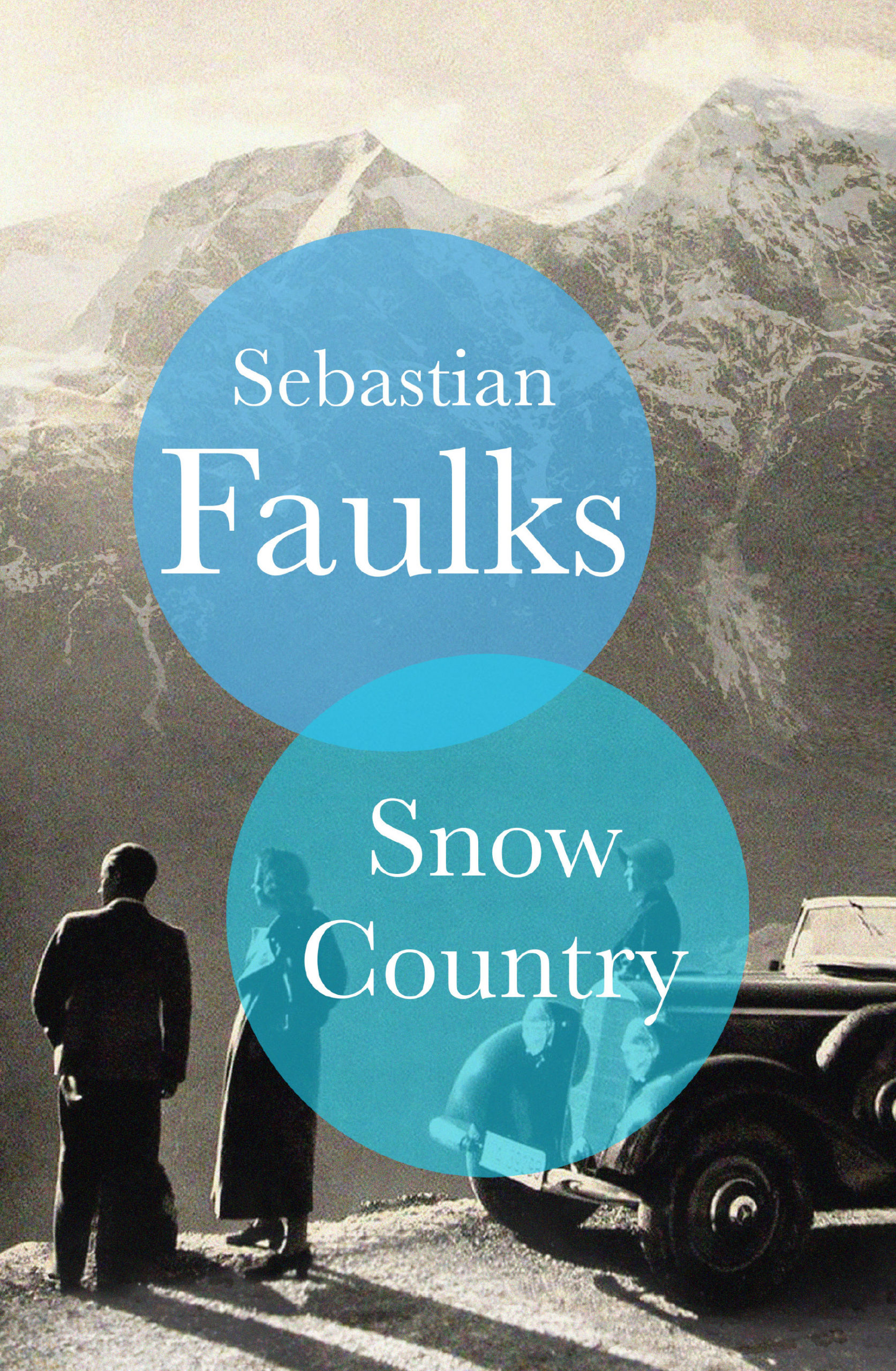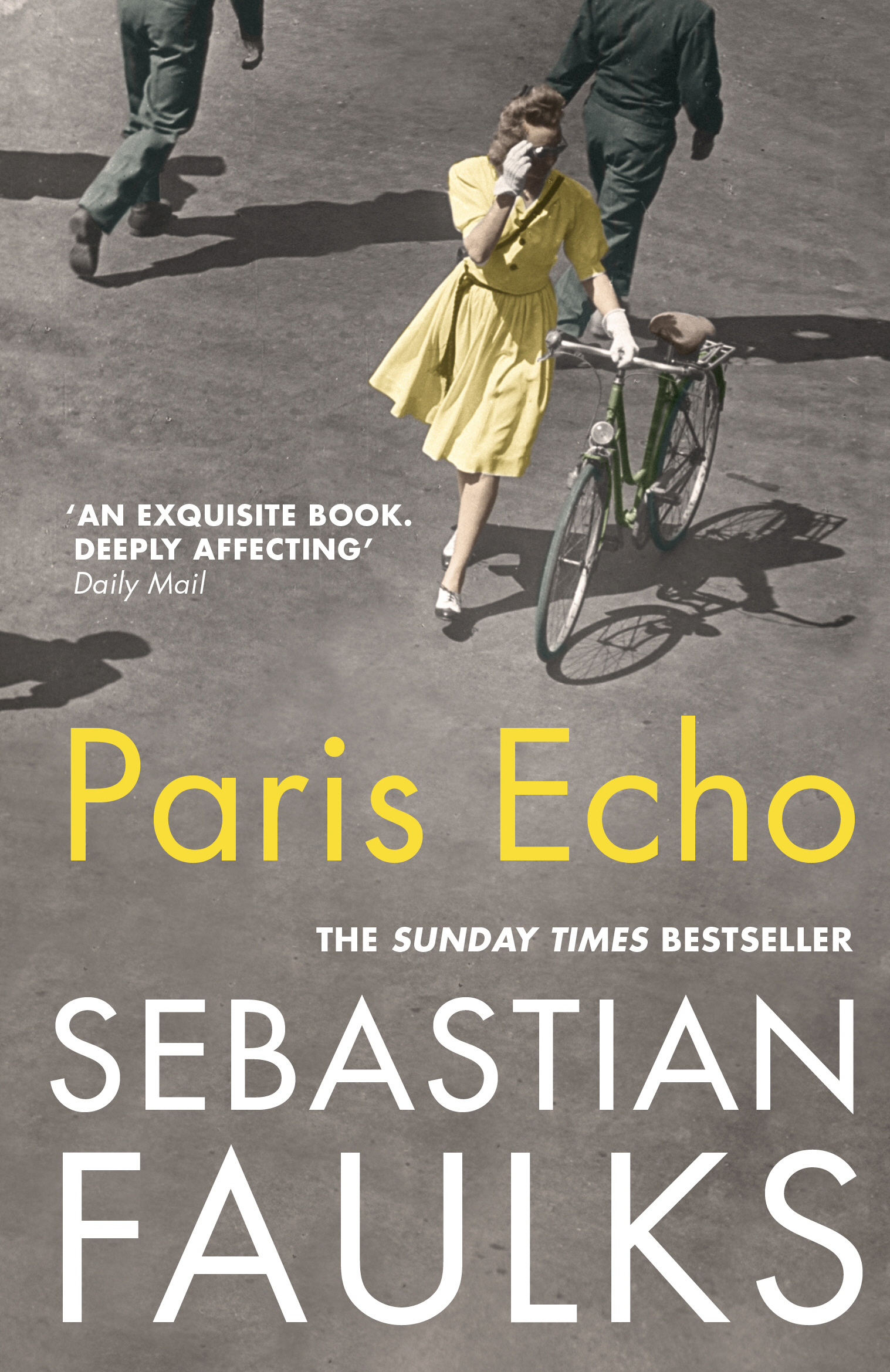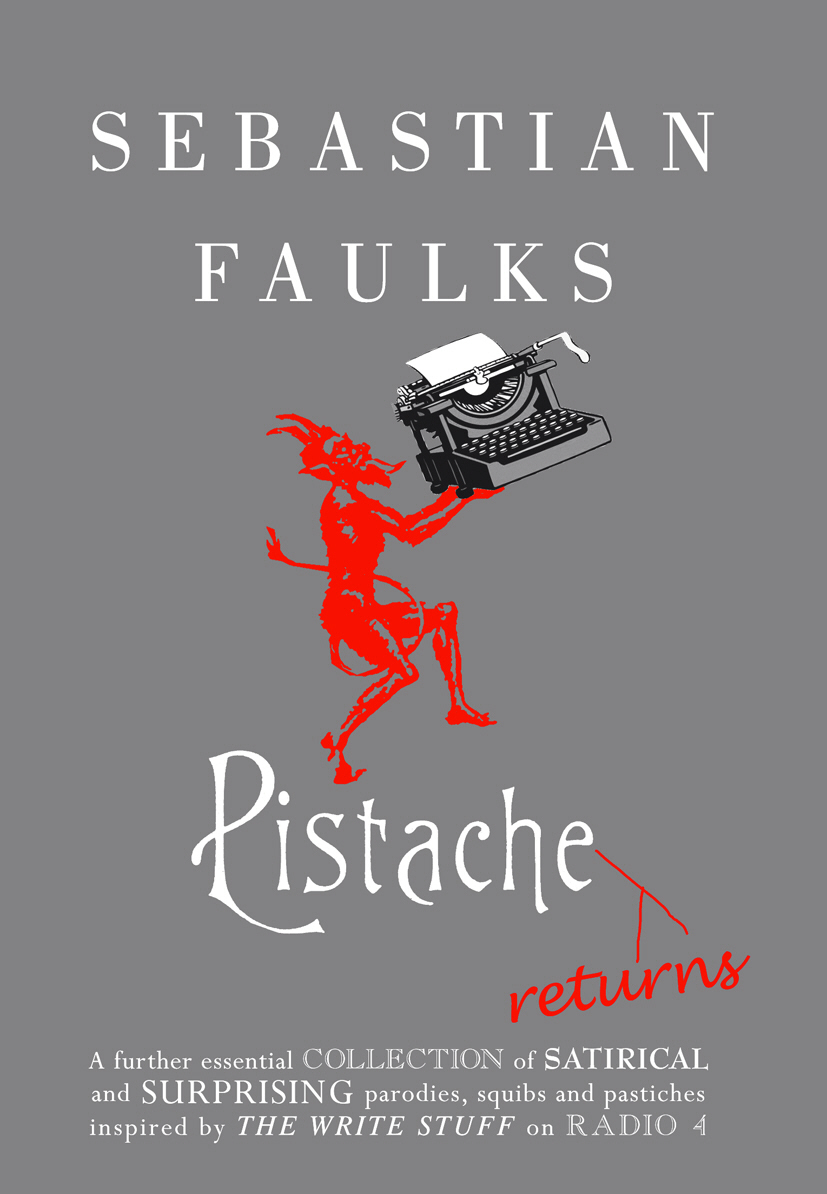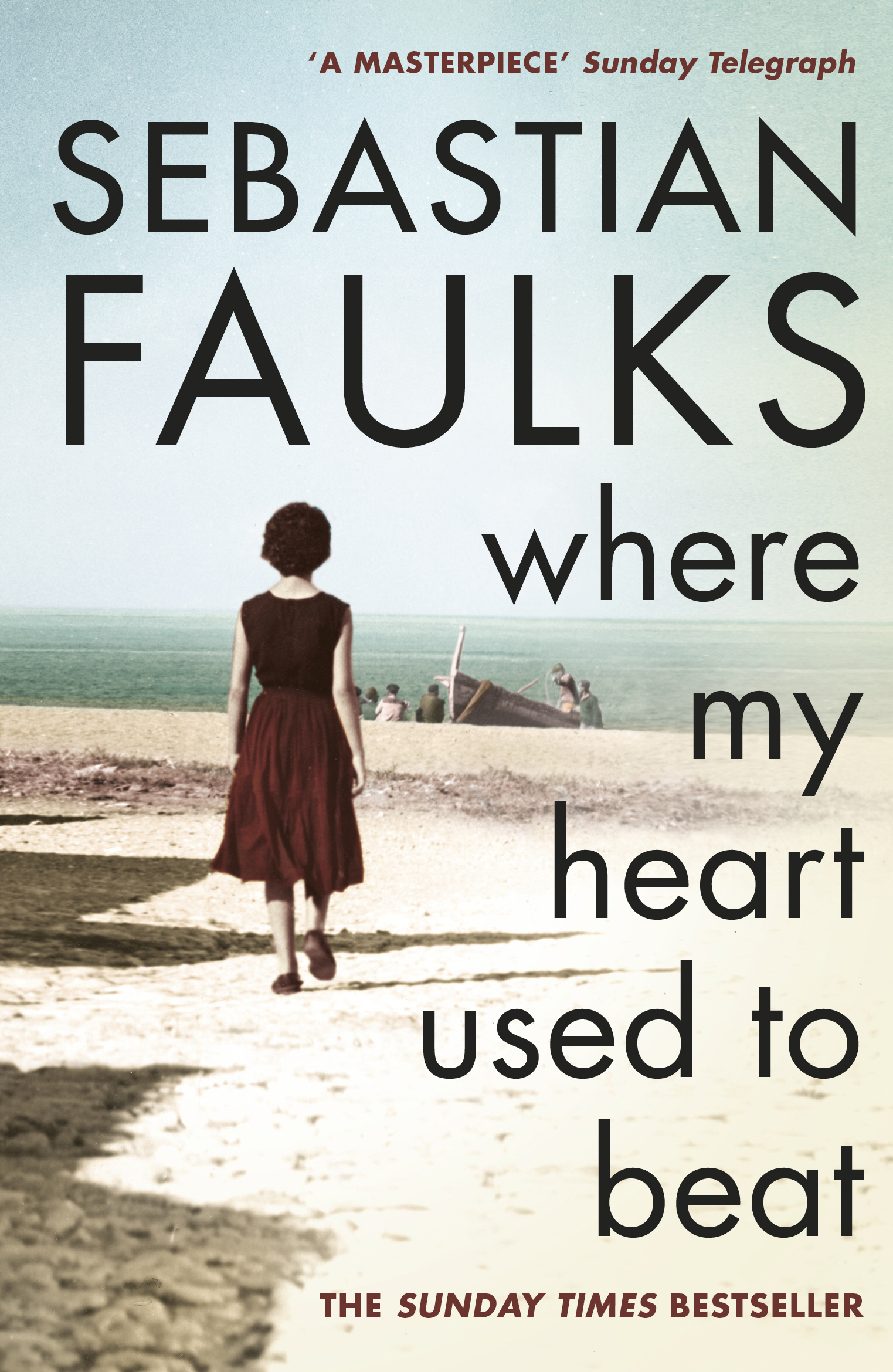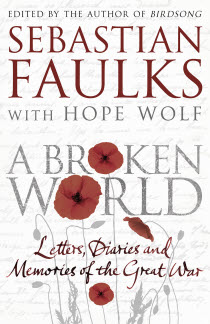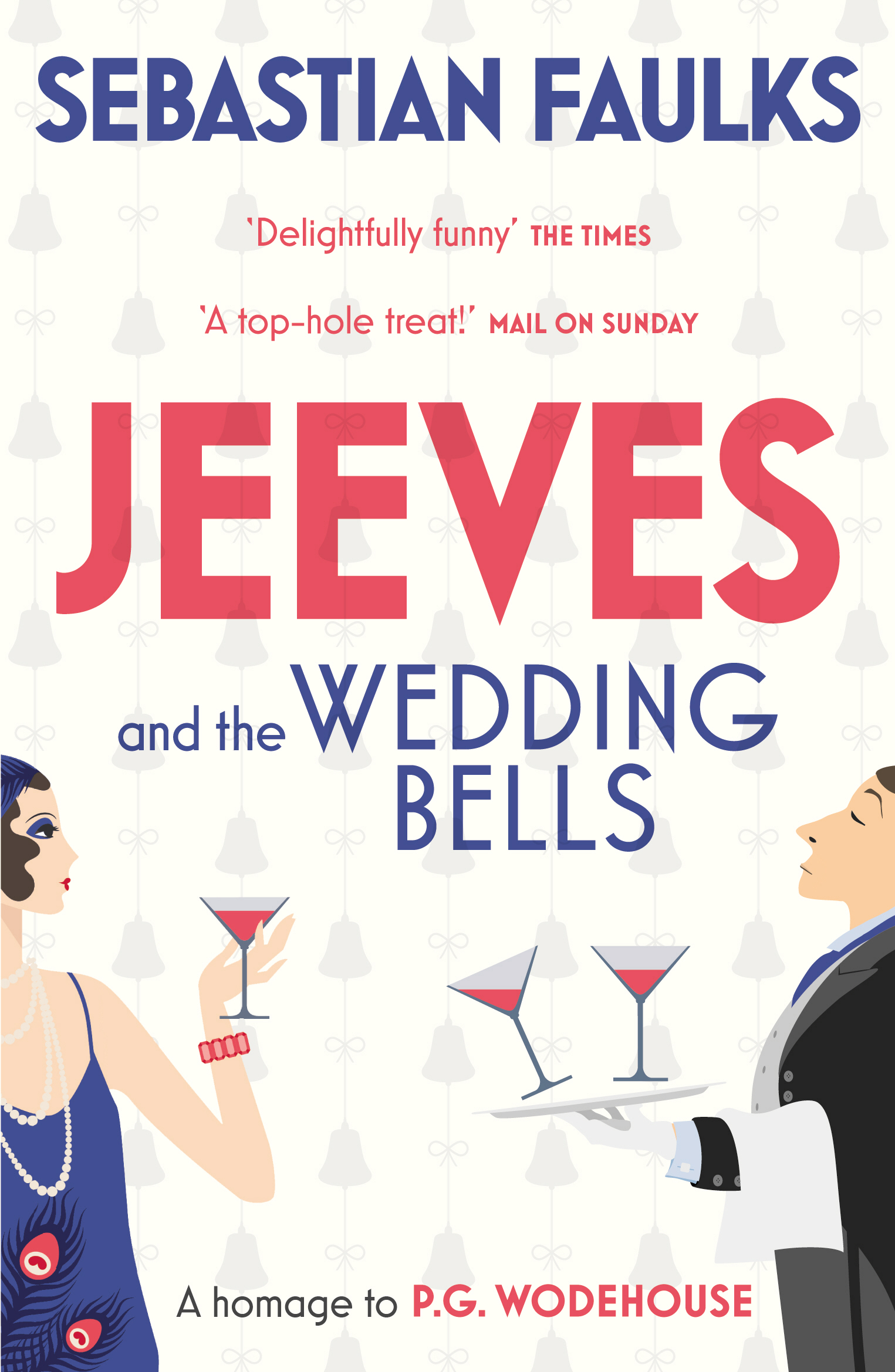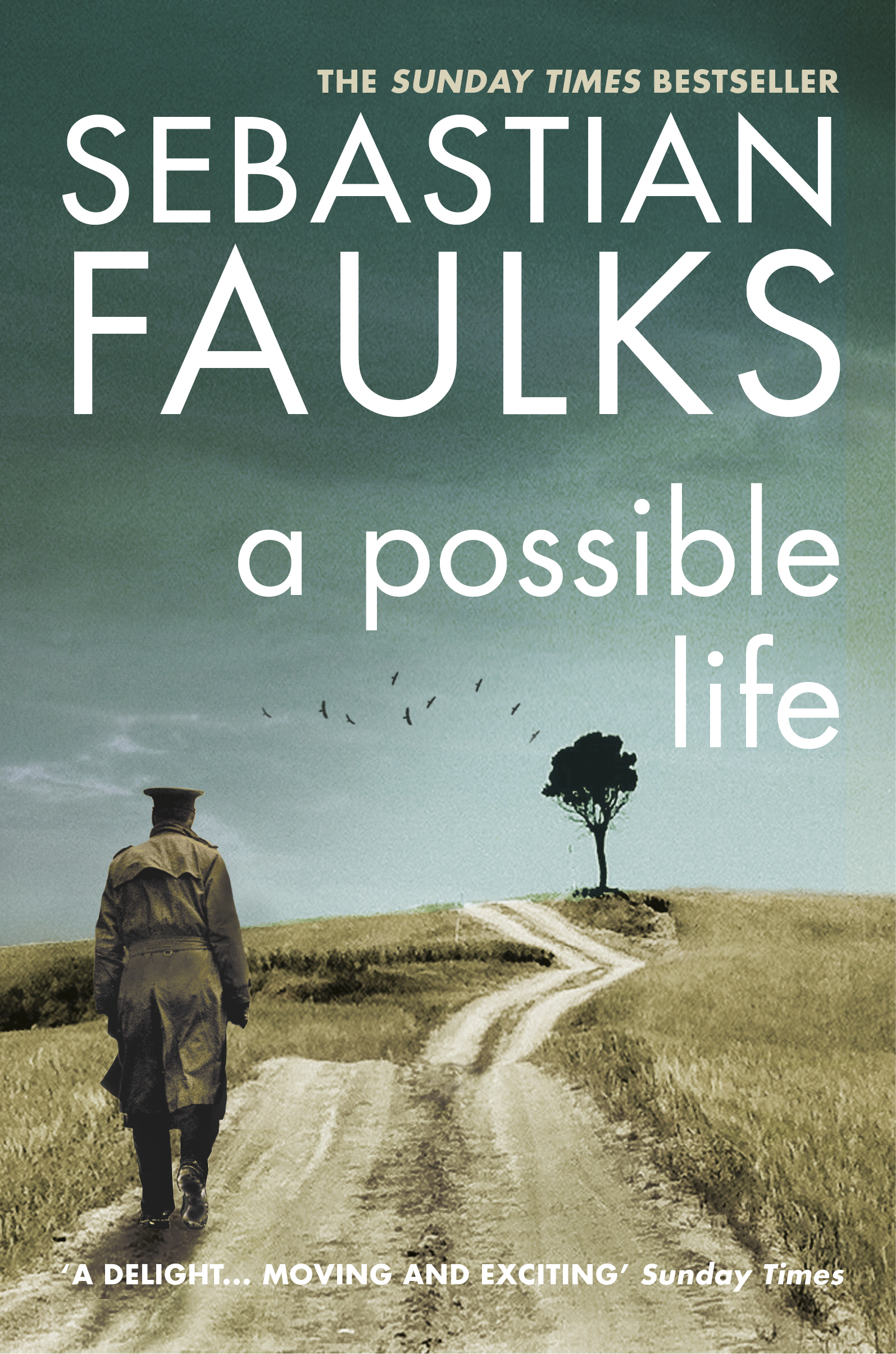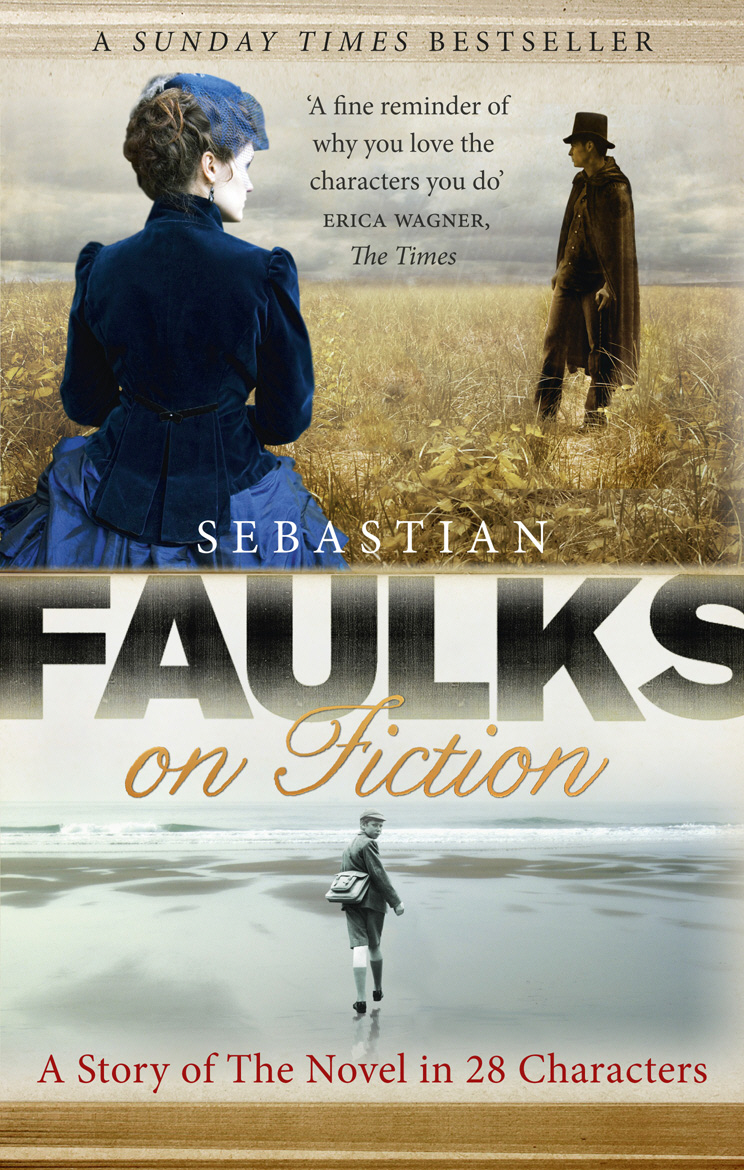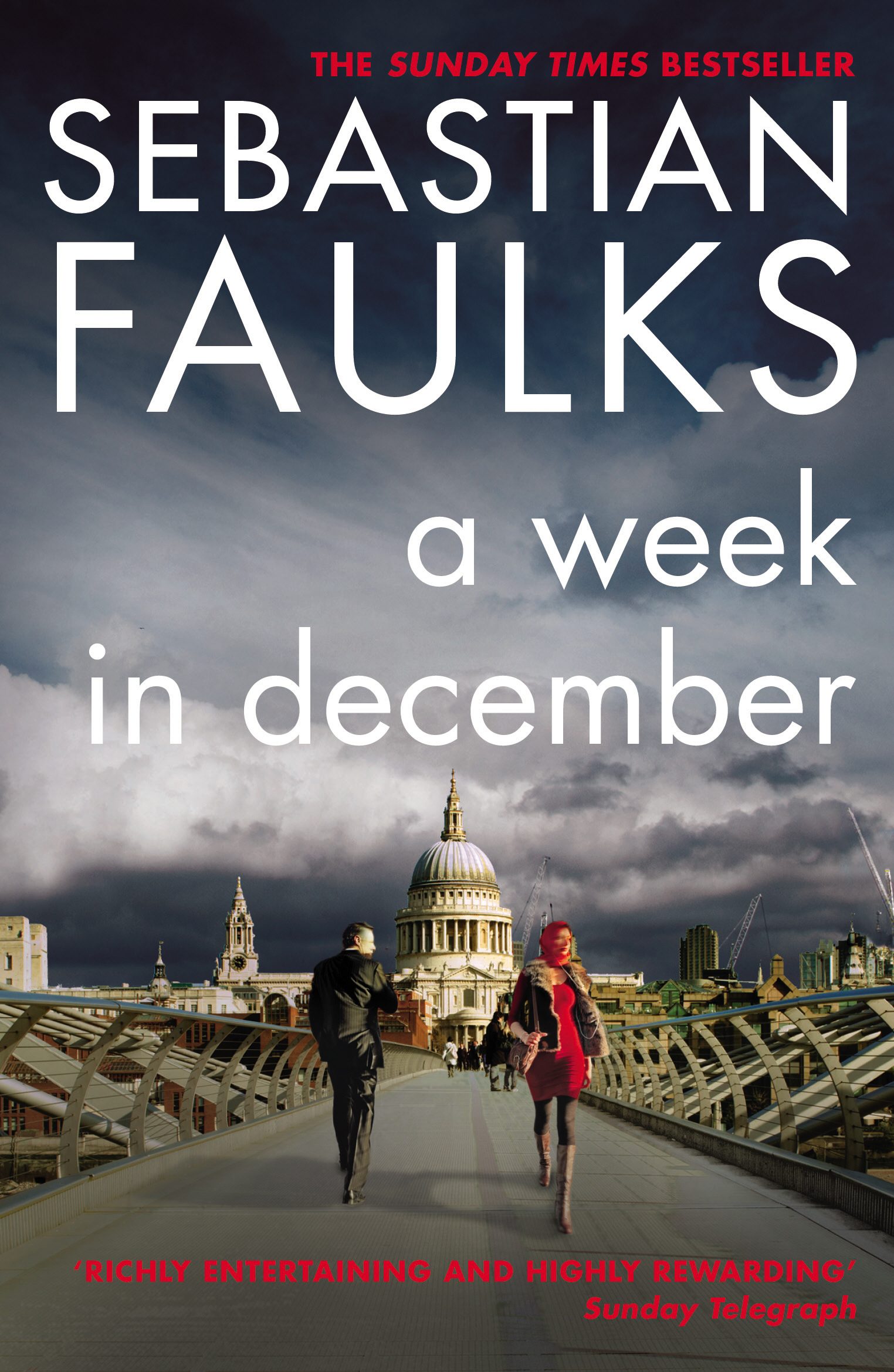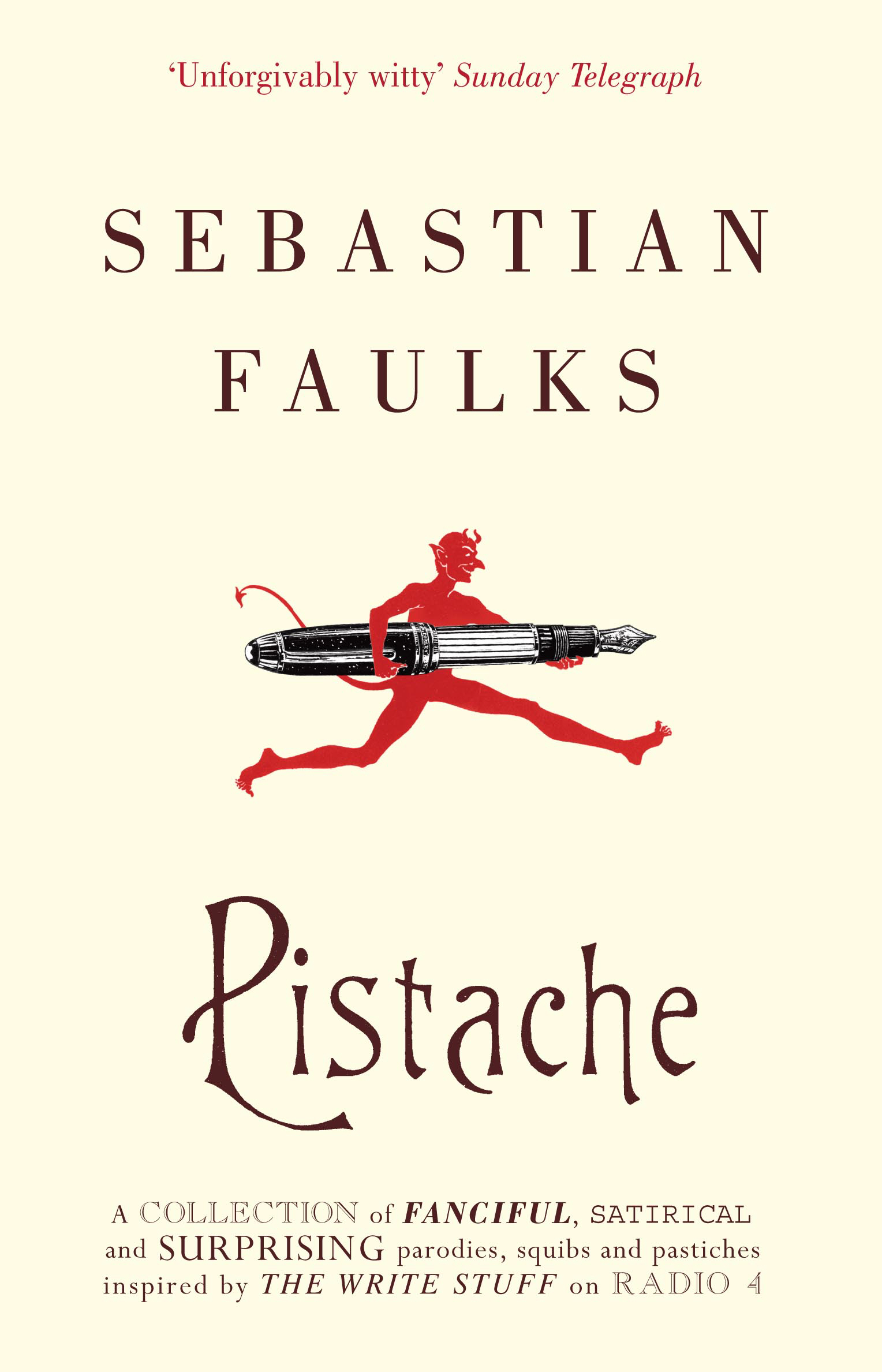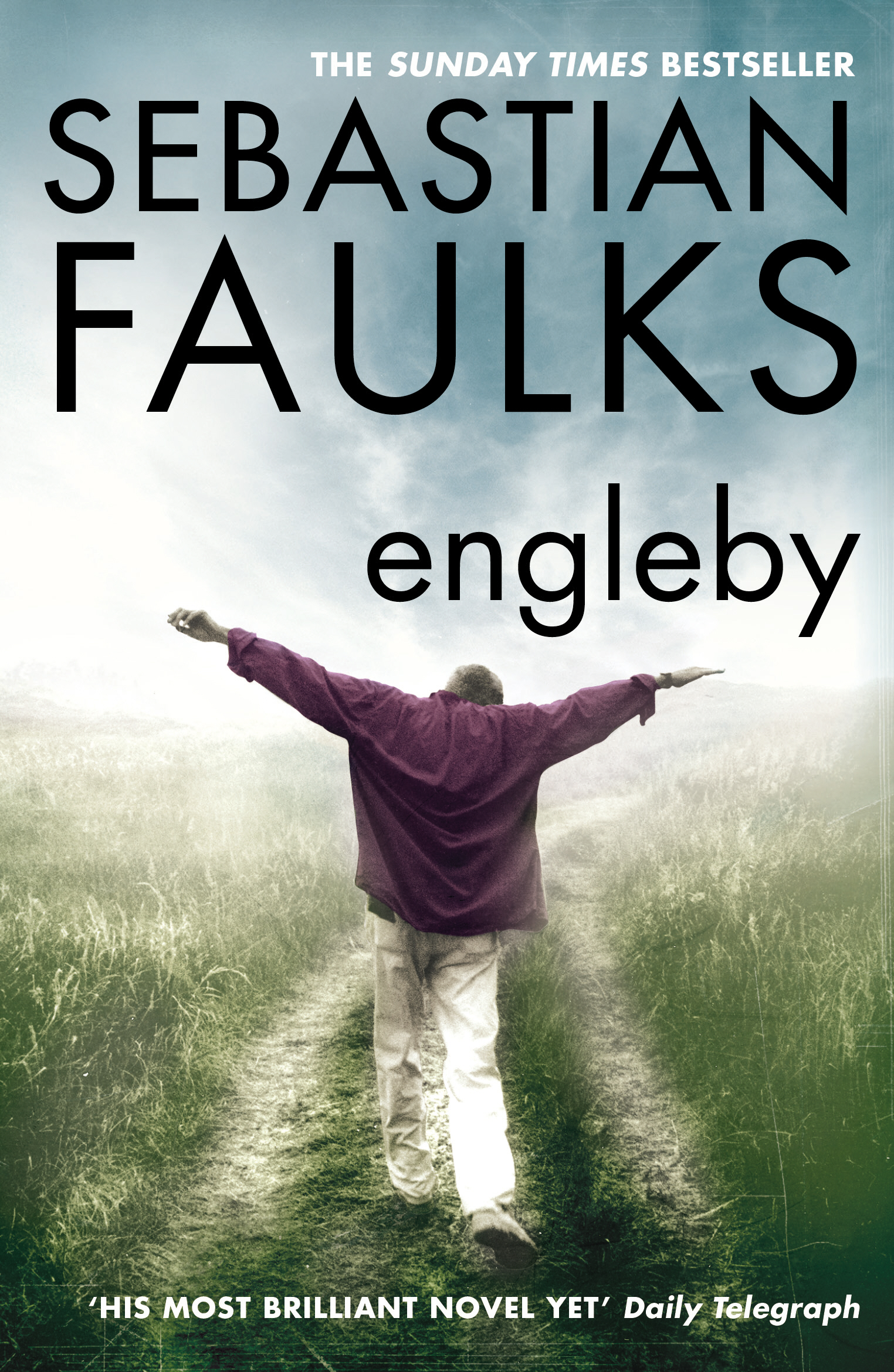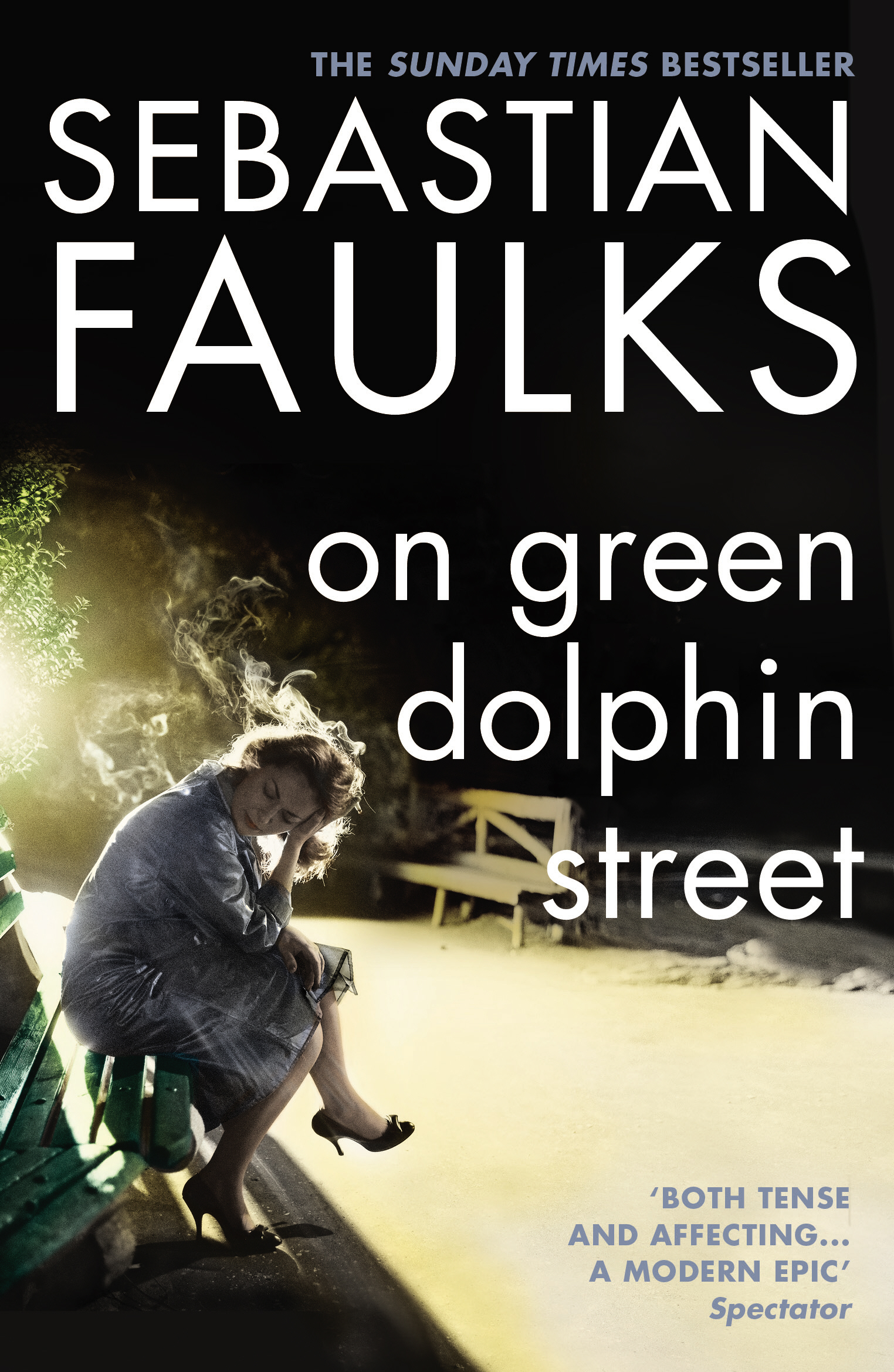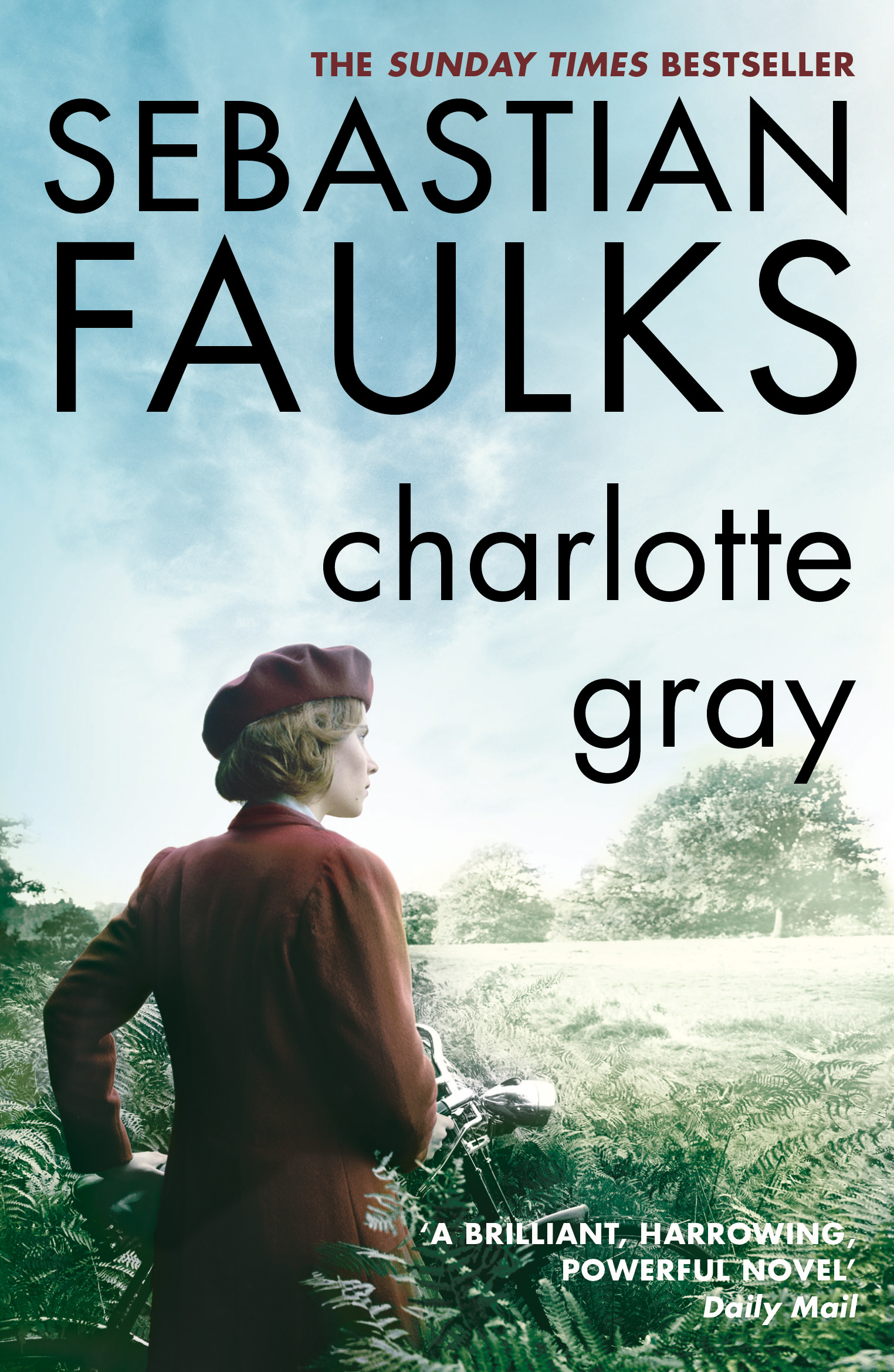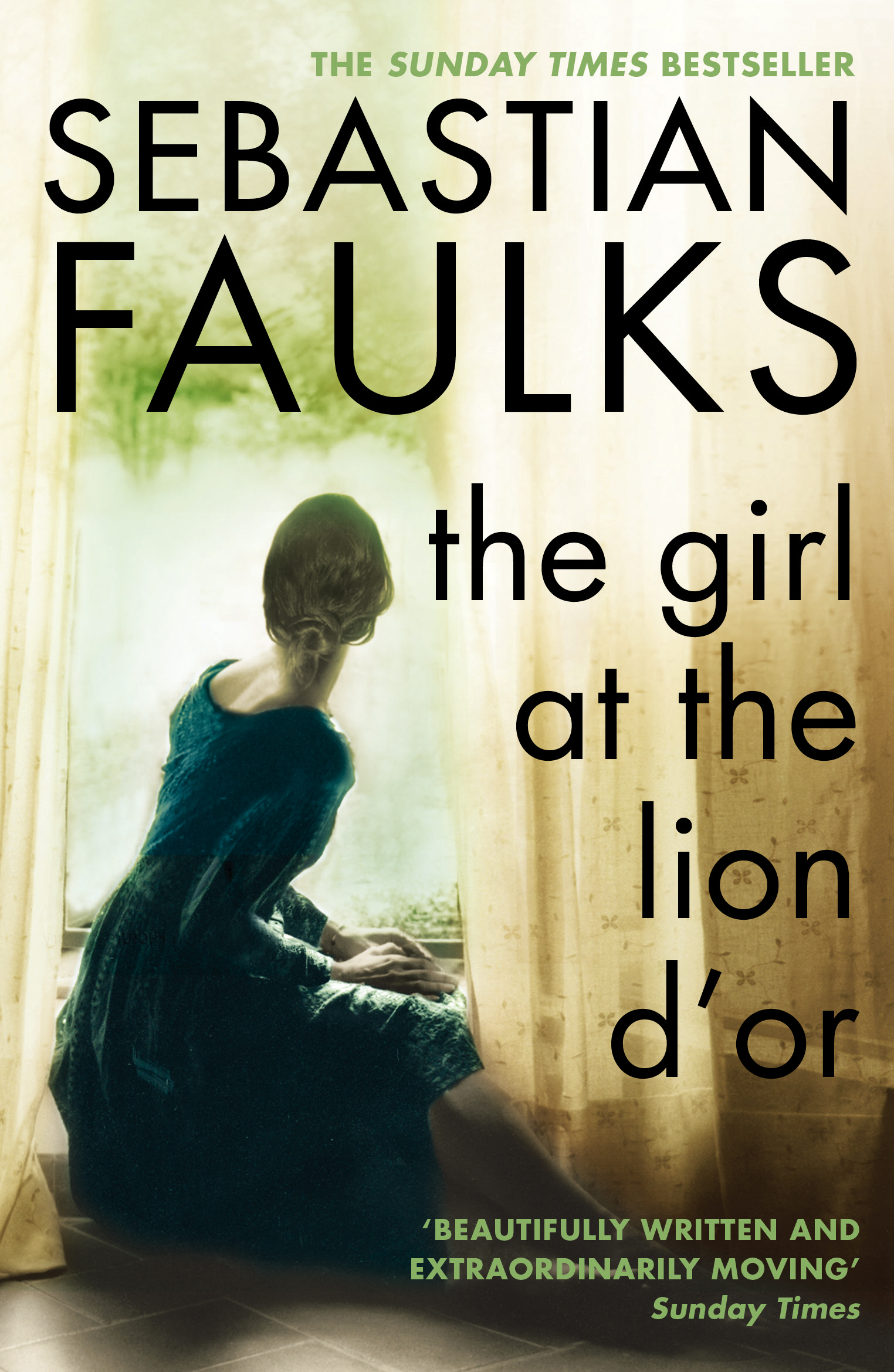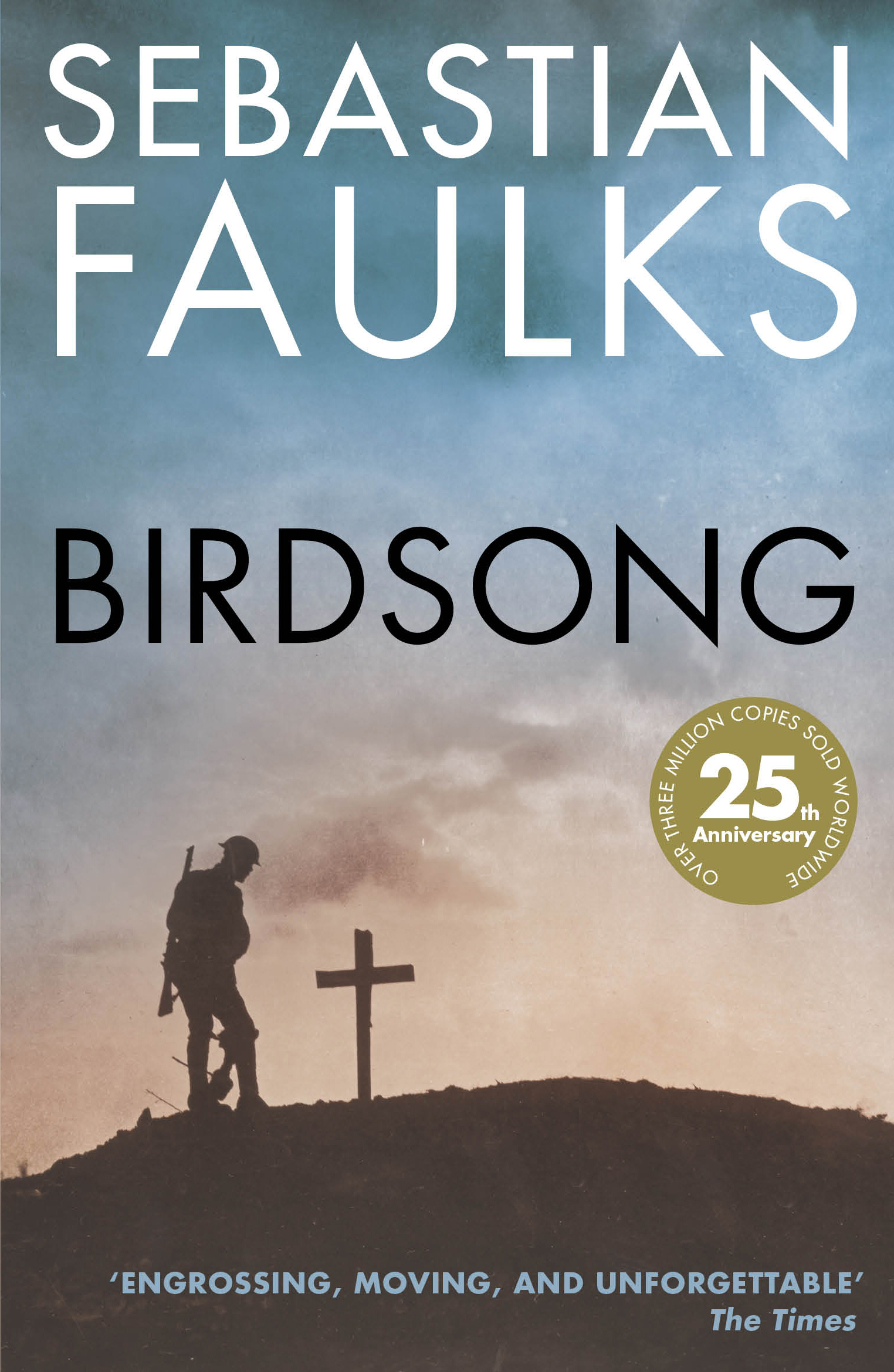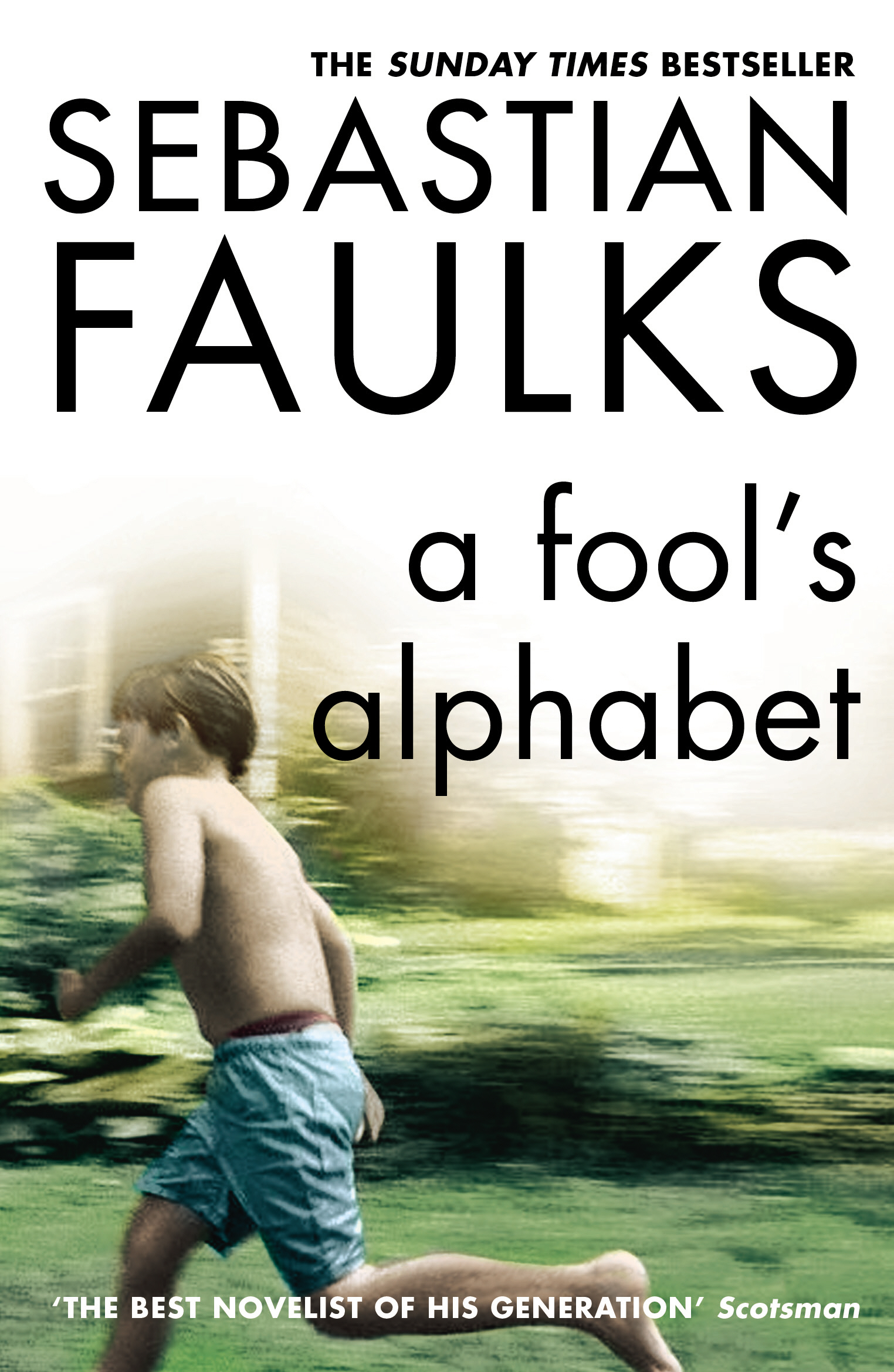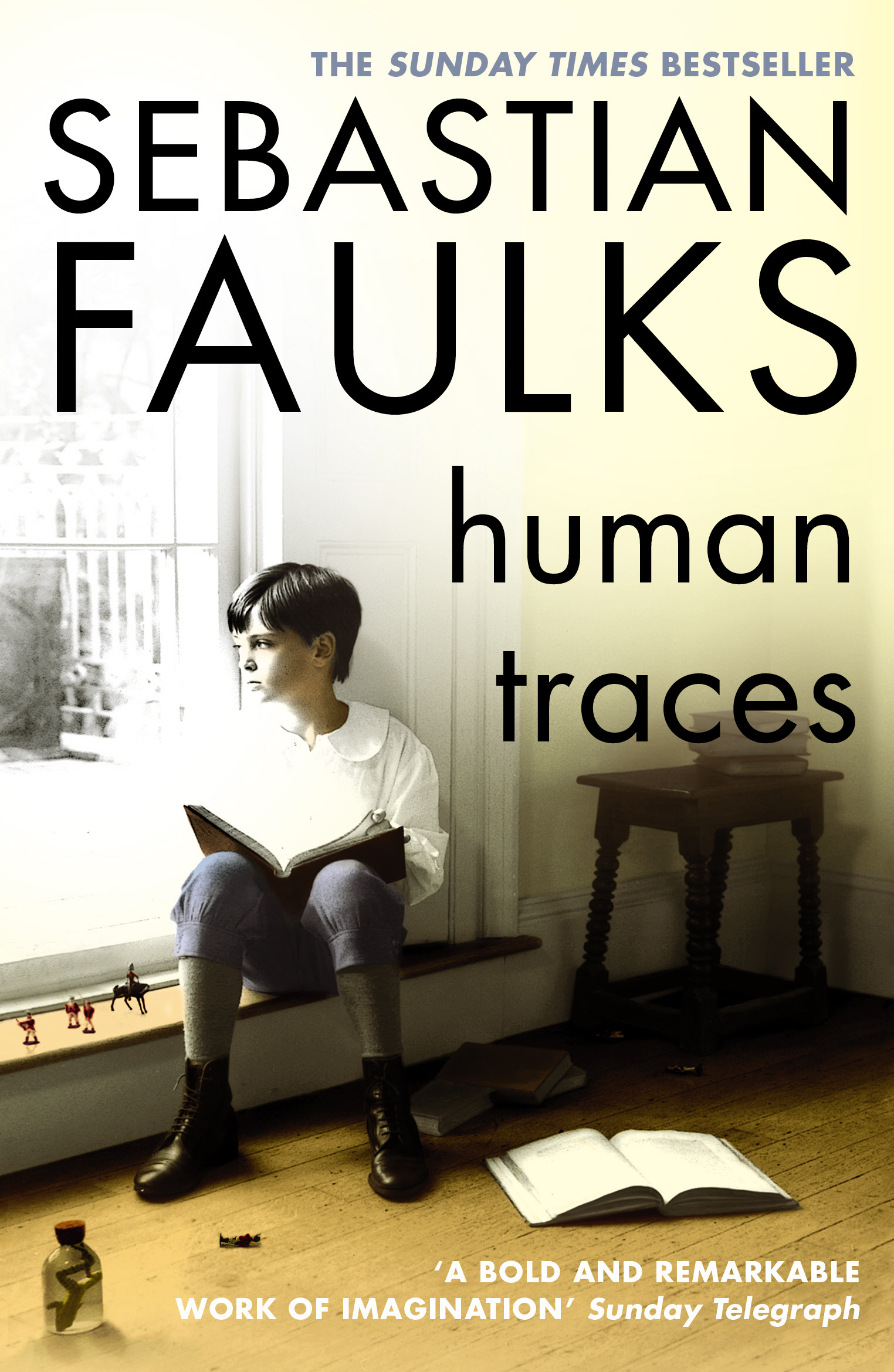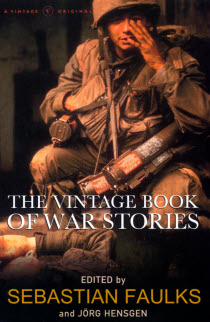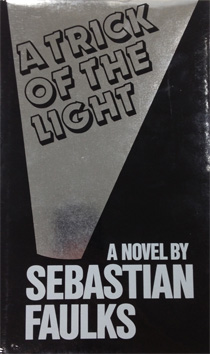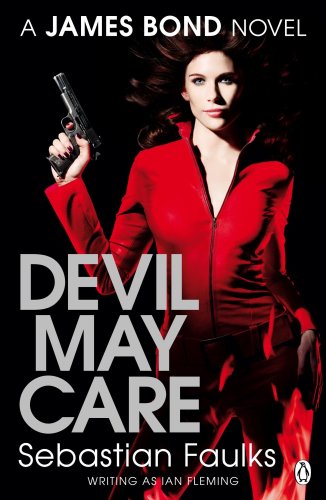Christopher Wood was one of the only British painters of his era to be fired by Modernism and by what was happening in Paris. He studied at art schools there while living an upper-class Bohemian life. His own work was much influenced by Matisse and Picasso, but later also by the Cornish primitive Alfred Wallis. It varied greatly in quality, from the amateurish to the sublime. His best paintings – often of boats and churches in Brittany and Cornwall — have a mastery of composition and colour, in which the vitality of the compressed shapes seem almost ready to burst from the frame. Wood designed sets for Diaghilev and was a friend of Jean Cocteau among many others in the Paris beau monde, where he developed a serious opium habit. Although he enjoyed some success, showing with Ben Nicholson in Paris and on his own in London, Wood became unsettled by money and drug worries. He threw himself under a train at Salisbury, aged only 29.
Richard Hillary was Australian by birth, English by adoption and educated at public school and Oxford. Although, like Christopher Wood, he was glamorous and handsome, he was also widely regarded as arrogant. This changed during the War, when he joined the RAF and flew as a fighter pilot. He was shot down over the English channel and horribly burned on the face and hands. In the course of his recovery he underwent several operations at the hands of the famous New Zealand plastic surgeon Archibald McIndoe at East Grinstead. Hillary wrote an account of his experiences called The Last Enemy. It was notable for its descriptions of flying and its lack of self-pity. Hillary determined to fly again, although, owing to his injuries, he was not able to control a plane. The RAF allowed him to retrain to fly bombers, but he crashed fatally one night in Scotland, taking his navigator with him.
Jeremy Wolfenden was the son of Lord Wolfenden, an academic who chaired the Home Office committee that recommended the decriminalisation of homosexuality in Britain. Jeremy was an academic prodigy at Eton and Oxford, where he won a prize fellowship at All Souls. He was also a prodigious drinker and — at a time when it was still illegal — openly and promiscuously gay. He was easily bored and decided to throw in academia to work as a newspaper reporter. He found himself in Moscow for the Daily Telegraph. He was set up in a gay honey-trap by the KGB, caught and blackmailed by them.. He married a mother’s help in Moscow who worked for the MI6 head of station, Ruari Chisolm, whose wife, Janet, had helped smuggle out secrets from the West’s greatest spy, Oleg Penkovsky. Wolfenden died in Washington, where he was next posted. It was thought that he had been murdered by the CIA, but Faulks established that, at the age of 31, he had drunk himself to death.
‘It was in some ways an odd book for me to write,’ said Faulks, ‘but after Birdsong I found I had no pressing ideas for fiction. Then in the course of writing and researching, I found odd connections between the three – both circumstantial and thematic. I saw that since they came from different parts of the century I could smuggle in an oblique portrait of England and how it had changed in the 20th century.’
